Assume you are in a foreign country where no one knows you but you are in dire need for help.
Chances are that nine out of 10 of the time, the help will come from a Kenyan.
The World Giving Index 2024 has ranked Kenya in second spot globally as a country whose citizens are the most generous.
The findings were based on a survey conducted in 2023 where 145,702 people were interviewed across 142 countries, representing more than 95 per cent of the world’s population.
The 14th edition of the World Giving Index demonstrates how people have not only maintained the time they spend volunteering, but also that increasing numbers are donating money and providing help to strangers.
Indonesia was ranked first on 74 points for the seventh year running having first overtaken Myanmar in 2017.
“As many as nine in 10 Indonesians donated money to charity, and more than six in 10 volunteered their time,” the survey said.
Kenya took the second place with 63 points against the global average index score of 40 points.
An average of the positive responses was calculated for each country, giving an index score and a global ranking.
Singapore came third but tied on 61 points with fourth placed The Gambia, followed by Nigeria (60 points); United States (59); Ukraine (57) while Australia, United Arab Emirates and Malta came in 8th, 9th and 10th respectively with 54 points each.
“A higher index score indicates that more of that country’s population is engaged with giving. The lowest possible score is zero points, and the highest possible score is 100 points,” the report notes.
The survey asked three questions about what people had done in the past month.
Have you donated money to charity? Have you helped a stranger or someone you didn’t know who needed help? Have you volunteered your time to an organisation?
On helping a stranger or someone they didn’t know, Kenyans topped with 82 per cent of the respondents answering in the affirmative.
They were followed by the Bangladeshi and Nigerians (81 per cent); Liberia (80 per cent); Senegal, Sierra Leone, The Gambia (78 per cent) and Ukraine, Malawi and Niger on 71 per cent.
Kenyans didn’t feature on the top 10 list for making money donations, but they ranked fourth for volunteering their time, with 52 per cent of respondents saying they have volunteered their time.
Indonesia leads in both monetary and time donation with 90 per cent and 65 per cent approval rating.
Poland ranked bottom of the table on 15 points with only 23 per cent of citizens saying they had helped a stranger; 15 per cent said they had donated money while seven per cent said they had volunteered their time to a course.
Regionally, Oceania, North America and South East Asia are the most generous regions in the world, each scoring well above the global average of 40 points.
Oceania in the Asia Pacific leads with 52 points. In Europe, Western Europe leads with 43 points, North America leads with 48 points in the Americas while Western Africa leads with 42 points in Africa.
East Africa, where Kenya falls, is second in generosity with 41 points.
Middle Africa, Southern Africa and Northern Africa follow in that sequence with 39, 35 and 33 points respectively.
Overall, the tendency for people to help a stranger grew from 49 per cent in 2014 to 61 per cent in 2023.
Donations of money grew marginally over the same period from 31 per cent to 35 per cent, same as the rate at which people volunteered their time – 21 per cent to 24 per cent.
"The global index score is at its joint-highest level,only previously matched during the pandemic," the report said.
“We continue to call upon governments, policymakers and international funders to ensure the building blocks are in place to enable cross-border giving, and to create sustainable, resilient local giving structures.”


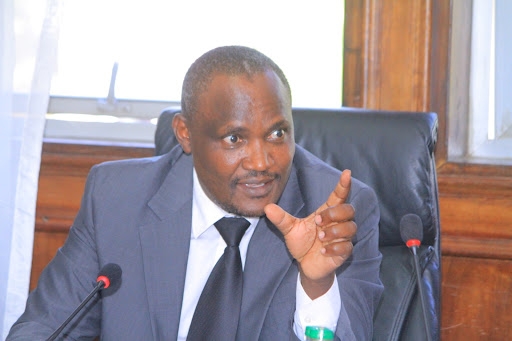


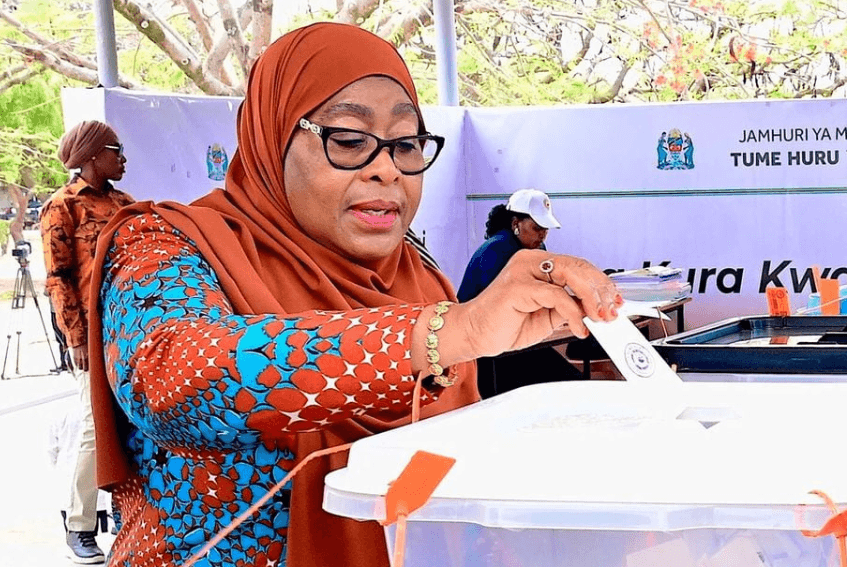
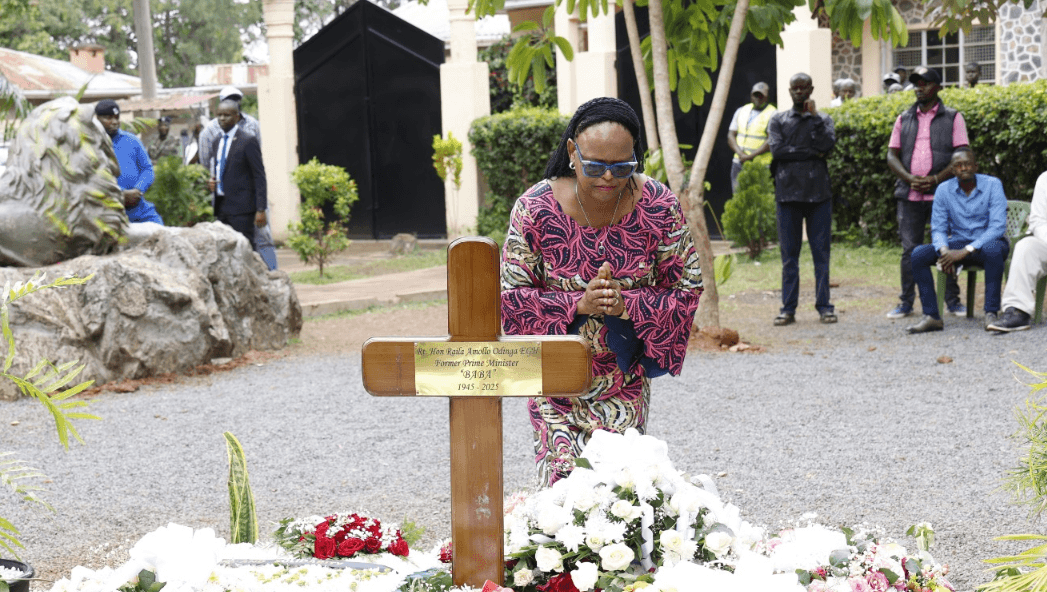
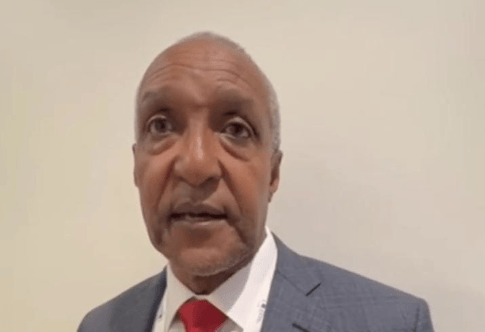

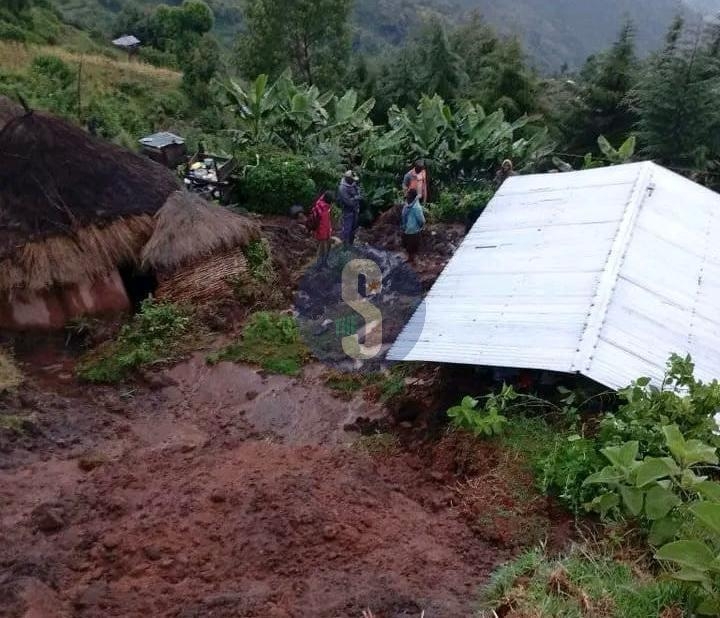
![[PHOTOS] Elgeyo Marakwet landslide victims arrive in Eldoret for care](/_next/image?url=https%3A%2F%2Fcdn.radioafrica.digital%2Fimage%2F2025%2F11%2F425460d9-7ff1-4975-8a1f-cd0aaefb7812.jpg&w=3840&q=100)

